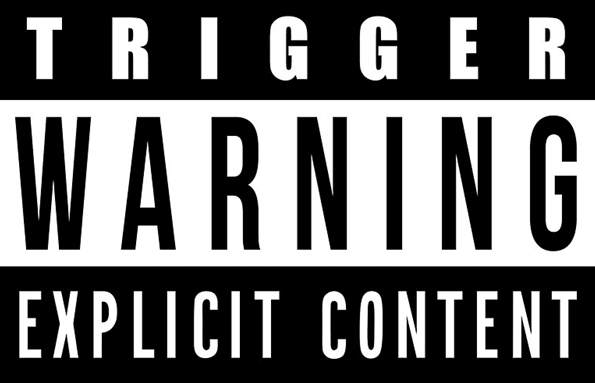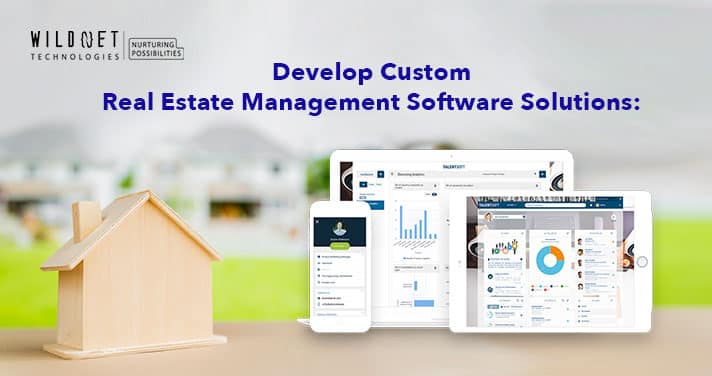In the world of digital marketing, success is often measured by visibility, and visibility is earned through search engine rankings. One of the most powerful tools in any SEO toolkit is link building. But not all links are created equal. To achieve long-term growth, focus on effective link-building strategies for lasting SEO results.
In this comprehensive guide, we’ll delve into actionable strategies, explain why quality matters more than quantity, and help you establish a solid foundation of backlinks that drive authority and rankings over time.
What Is Link Building and Why Is It Important?
Link building is the process of acquiring hyperlinks from other websites to your own. Search engines like Google consider these links as votes of confidence. The more high-quality, relevant links you earn, the more trustworthy and authoritative your site appears to search engines.
Effective link-building strategies go beyond just acquiring backlinks—they focus on relevance, trust, and user experience. When executed correctly, these strategies can:
- Increase organic traffic
- Improve search engine rankings
- Boost brand credibility
- Drive referral traffic from authoritative sources
- Enhance content visibility and engagement
1. Guest Posting on Niche-Relevant Sites
Guest posting remains one of the most effective link-building strategies for lasting SEO results. Writing valuable content for reputable blogs in your niche earns you high-quality backlinks and new audiences.
- Research authoritative blogs within your industry
- Offer unique, informative articles.
- Follow each site’s editorial guidelines
- Use your author bio or contextual anchor text for backlinking.
When done strategically, guest blogging not only earns backlinks but also positions you as a thought leader.
2. Create High-Value Linkable Assets
Linkable assets are pieces of content so valuable that others naturally want to reference them. These include:
- In-depth guides
- Case studies
- Infographics
- Original research
- Interactive tools or calculators
Content marketing and link building work hand-in-hand. When you create something remarkable, people will link to it without even being asked.
3. Broken Link Building
This involves finding broken links on other websites and offering your relevant content as a replacement. It’s a win-win—site owners fix broken resources, and you earn a backlink.
How to do it:
- Use tools like Ahrefs or Check My Links to find broken links on niche sites.
- Reach out with a personalized email.
- Suggest your content as a helpful alternative.
This strategy is ethical, scalable, and highly effective when targeting resource pages or old blog posts.
4. Skyscraper Technique
Coined by Brian Dean, the Skyscraper Technique involves finding popular content, creating something better, and reaching out to sites linking to the original.
Steps:
- Identify top-performing content with tools like BuzzSumo.
- Improve it add more depth, visuals, data, or updates.
- Reach out to all the sites linking to the original piece.
This approach demands effort but generates high-authority backlinks that last.
5. Build Resource Page Links
Many websites host resource pages that link to helpful content within a specific niche. If you offer a relevant guide or tool, you can earn a spot.
Steps:
- Search for resource pages using queries like “keyword + inurl: resources”
- Pitch your content as a valuable addition.
- Ensure your resource matches the theme of the page.
This is one of the most sustainable and evergreen link-building strategies for lasting SEO results.
6. Leverage HARO (Help A Reporter Out)
HARO connects journalists with expert sources. By providing expert insights, you can earn backlinks from high-authority media outlets.
- Sign up for HARO and monitor relevant queries
- Respond quickly and professionally
- Include a short bio and website link
Though competitive, HARO offers opportunities to earn links from sites like Forbes, Entrepreneur, and Inc.
7. Local Link Building
If you operate locally, build links from local business directories, chambers of commerce, event listings, and news publications.
Ideas:
- Sponsor a local event
- Partner with other local businesses
- Get listed on local citation sites
Local backlinks help you rank in local search results and build trust with community-based audiences.
8. Use Content Repurposing
Repurposing blog posts into videos, podcasts, infographics, or SlideShare decks can attract links from different types of content consumers.
Why it works:
- Reaches new audiences
- Increases visibility across multiple platforms
- Earns links from media-specific websites
Repurposed content expands your reach and reinforces your authority across channels.
9. Collaborate with Influencers and Bloggers
Partnering with influencers or niche bloggers can generate both backlinks and social proof. Their endorsement gives your content credibility.
How to approach it:
- Identify relevant influencers
- Offer value (free tools, trials, or collaborations)
- Encourage them to naturally link your content.
This relationship-driven strategy supports organic and authoritative link building.
10. Monitor Competitor Backlinks
Spy on your competitors using tools like SEMrush or Ahrefs to see where their backlinks come from—and pursue similar opportunities.
Benefits:
- Discover untapped link sources
- Benchmark your efforts
- Learn what content types earn the most links.
Understanding the competitive landscape is essential for refining your link-building approach.
11. Conduct Expert Roundups
Ask multiple experts a single question and publish their answers in one blog post. Participants often link back to the roundup when it’s published.
Why it’s effective:
- Builds relationships
- Encourages natural linking
- Enhances authority and content depth
Expert roundups are ideal for increasing engagement and building quality backlinks quickly.
12. Use Testimonials and Reviews
Brands love showing off customer testimonials. Offering one of the tools, services, or vendors you’ve used can earn you a homepage backlink.
How to do it:
- Reach out to companies you genuinely use
- Provide a short, helpful testimonial.
- Include your name, designation, and website link
This underused but straightforward strategy can lead to strong backlinks from high-authority domains.
How to Measure the Success of Your Link Building Efforts
Building links is just part of the puzzle. You also need to track their impact using:
- Domain Authority (DA) and Page Authority (PA)
- Referring domains count
- Organic traffic growth
- Keyword ranking improvements
- CTR from referring pages
Tools like Google Analytics, Google Search Console, Ahrefs, and Moz can help you monitor progress and optimize strategies accordingly.
Common Link Building Mistakes to Avoid
One of the biggest mistakes in link building is buying links or relying on link farms, which not only violate Google’s guidelines but also put your website at risk of penalties. Another standard error is overusing the exact anchor text, which can trigger spam filters and reduce link diversity. Additionally, many overlook the importance of maintaining a healthy balance between nofollow and dofollow links, which can skew your backlink profile. Building irrelevant or low-quality links, especially from unrelated or spammy websites, offers minimal SEO value and may even harm your search engine rankings. Lastly, neglecting the quality of your content can make it challenging to earn backlinks naturally. To achieve sustainable growth, it’s essential to avoid these shortcuts and instead focus on value-driven, ethical link-building strategies that deliver long-term SEO results.
Conclusion
Effective link-building strategies for achieving lasting SEO results require consistency, creativity, and adherence to ethical practices. It’s not enough to simply chase backlinks; instead, the focus should be on establishing long-term relationships, producing shareable content, and aligning every link with your broader SEO goals. Whether you’re guest posting on authoritative sites, creating data-rich linkable assets, or leveraging influencer relationships, your objective remains clear: build authority, trust, and lasting visibility that continues to benefit your brand over time.
Link building is no longer a numbers game. It’s a value-driven process that requires strategic planning and genuine effort. Quality consistently outperforms quantity, and relevance outweighs sheer volume. This is where professional link-building services can make a difference—by identifying high-value opportunities, securing placements on credible sites, and ensuring your backlink profile supports sustainable search engine growth.
Ultimately, link building is not just about acquiring links—it’s about delivering value, strengthening your digital reputation, and building the type of online presence that stands the test of time.
FAQs: Effective Link Building Strategies for Lasting SEO Results
Q1. What is the most effective link-building strategy?
A: While strategies vary by niche, guest posting and creating high-quality, linkable assets are considered the most scalable and practical approaches.
Q2. How long does it take to see results from link building?
A: Typically, it takes 3–6 months to see measurable SEO improvements, depending on your domain’s authority and link velocity.
Q3. Is it safe to buy backlinks?
A: No, buying backlinks violates Google’s guidelines and can lead to penalties. Always focus on organic, white-hat strategies.
Q4. How many backlinks do I need?
A: It’s not about quantity but quality. A few high-authority backlinks can outperform dozens of low-quality ones.
Q5. Can I do link building without content?
A: It’s challenging. Quality content serves as the foundation for most sustainable link-building efforts.
Read More
What are Backlinks, and Why are They Important for SEO?
What Is Off Page SEO and How Does It Improve Rankings?
What Does a Link Building Agency Do?
How to Do an SEO Audit: A Step-by-Step Guide to Optimize Your Website for Better Rankings






